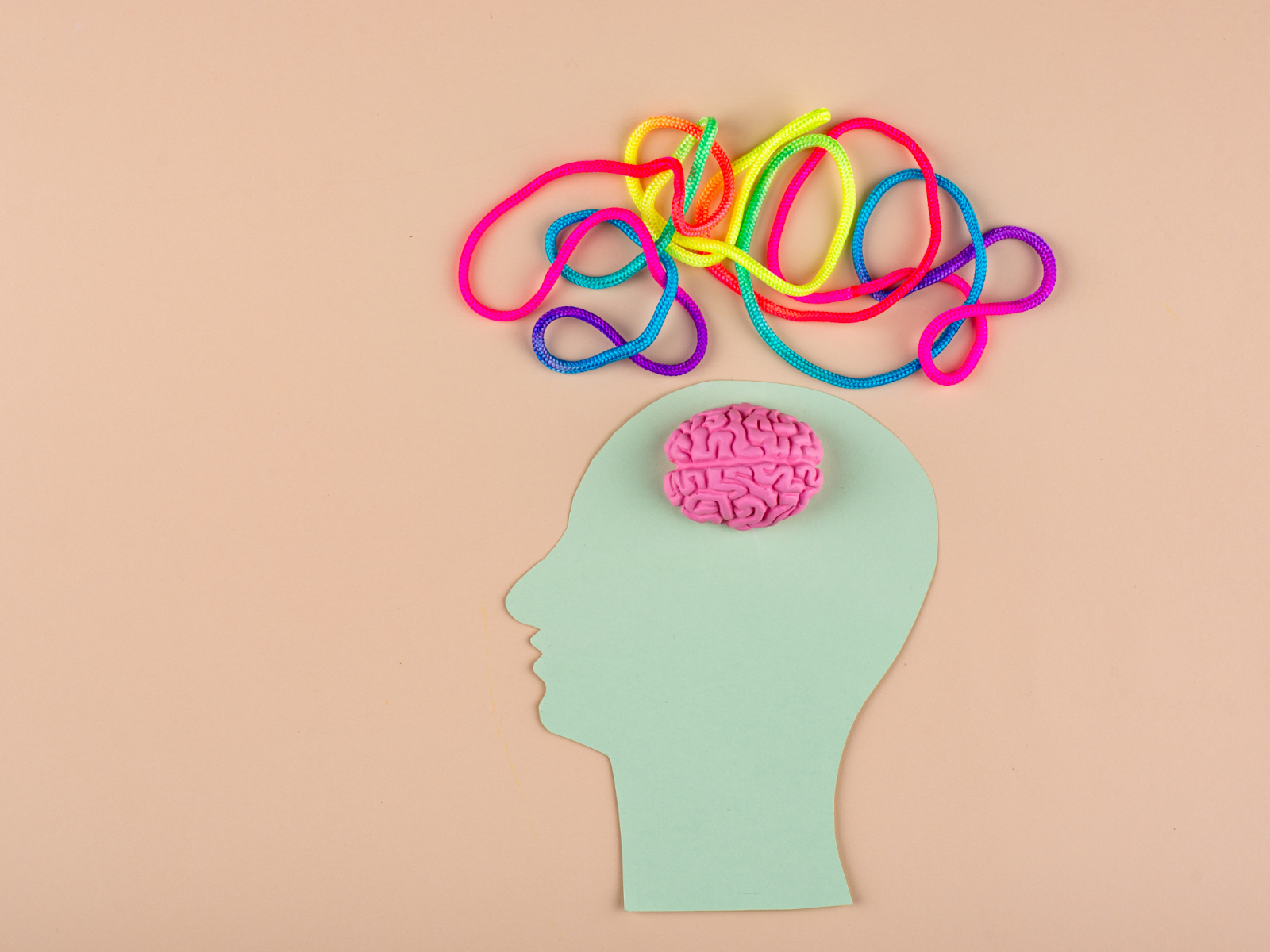You may have heard the term “neurodiversity” used in discussions surrounding mental health and disabilities, but what does this new buzzword mean? The answer can vary from person to person, which is exactly the point. Neurodivergence is all about existing outside of pre-determined boundaries and understanding unique perspectives. Let’s take a closer look at how this term has grown to be a source of empowerment.
What is Neurodiversity?
No two brains function exactly the same. This idea is the central line of thought behind neurodiversity, which describes having a brain that works differently than others.
Neurodiversity generally refers to different learning methods, social preferences, communication styles, and ways of experiencing surroundings. The average or “neurotypical” person experiences these things differently or in a way that aligns with what society deems “normal.”
Because of this, a neurodivergent person has different struggles and unique strengths. People who are neurodivergent can benefit from education and programs that help them develop their strengths using them to their benefit to live happy, healthy lives.
How does being neurodiverse affect people?
A neurodivergent person may have different strengths and struggles than their neurotypical counterparts. This may mean their minds are better suited to some environments than others.
For instance, a person with autism spectrum disorder (ASD) may experience sensory processing challenges that make a standard classroom or workplace stressful. Overlapping noises, smells, and lighting can make it difficult to focus. Or, the same person might need help with social situations and find it hard to communicate effectively with their colleagues.
These sorts of challenges can affect self-esteem and confidence, personal relationships, and more. Understanding neurodiversity and accommodating those who live with it can help alleviate some of these risks.
Examples of Neurodiverse Conditions
While not all neurodiversity is linked to chronic conditions, many people with certain disabilities experience significant cognitive differences. Some conditions linked with neurodiversity include:
- Autism spectrum disorder (ASD)
- Attention-deficit/hyperactivity disorder (ADHD)
- Down syndrome
- Dyslexia
- Intellectual disabilities
- Mental illnesses like bipolar disorder, obsessive-compulsive disorder, etc.
- Social anxiety disorder
- Tourette syndrome
Why Understanding Neurodiversity Matters
Beyond learning to support friends, family, and others who are neurodivergent, understanding this topic has significant consequences for the world as a whole. We believe understanding neurodiversity matters for reasons like:
- Quality of Life. Research shows that the way we talk about topics like neurodiversity shapes the way people live. Neurodiverse people who learn that their challenges result from being different – not defective – are generally happier and may even aim higher in their careers.
- Diverse Perspectives. Understanding neurodiversity means understanding more people, plain and simple. When we only view the world through one lens, we miss opportunities to see things from a different angle.
- Inclusion. Most forms of bigotry are rooted in ignorance. A heightened understanding of neurodiversity will likely lead to better treatment and more inclusion. And the more people with disabilities and neurodivergence are in positions of influence, the better the world can become for others.
Accessibility for Neurodiverse Individuals
Being an ally to neurodivergent friends, family members, and colleagues means understanding no one’s brain works the same as yours and vice versa. What works and seems “normal” to one person can be the polar opposite for someone else.
To welcome neurodiverse folks into your workplace, school, or organization, consider ways you can make your services more accessible. Also, remember to think outside the box – abandon all ideas of the “right” way to get something done and be open to experimentation.
Above all else, treating others with compassion and understanding can make a significant difference.
Final Thoughts
Neurodiversity may be a relatively new word, but it’s a phenomenon that’s arguably natural to humans. Our differences are what drive us forward and push the envelope.
At NeuroNav, we know that embracing personal differences is a key part of self-advocacy. Our mission is to help people with disabilities and their families access the resources they need for success. To learn more about our services, contact us today.



.png)
